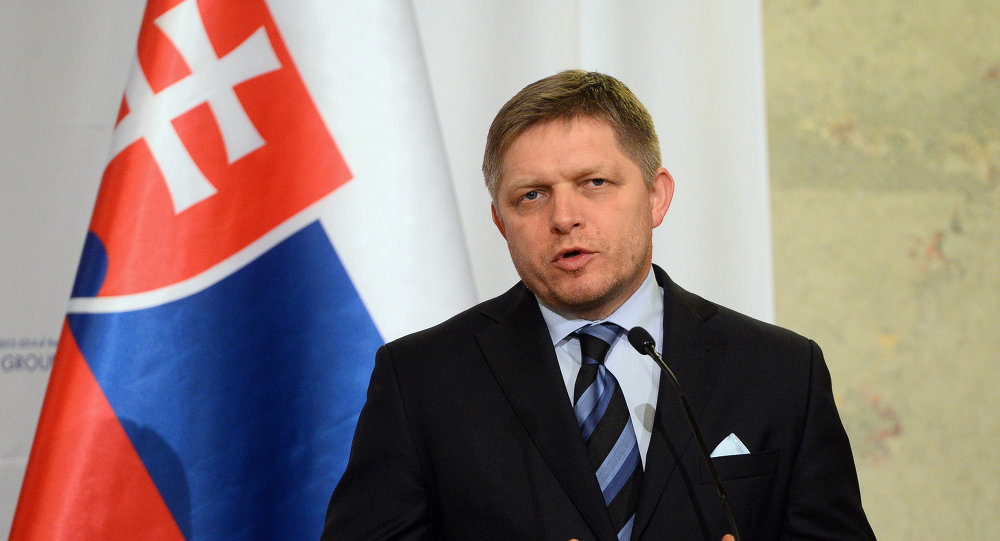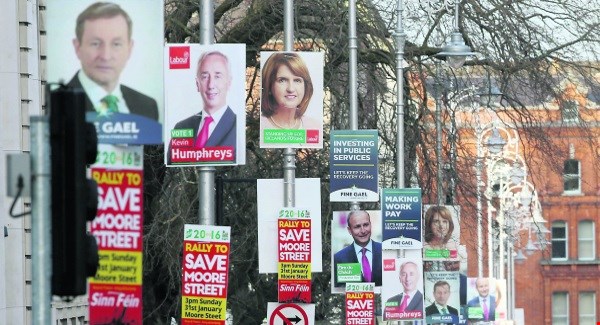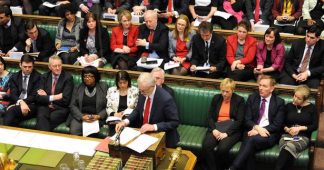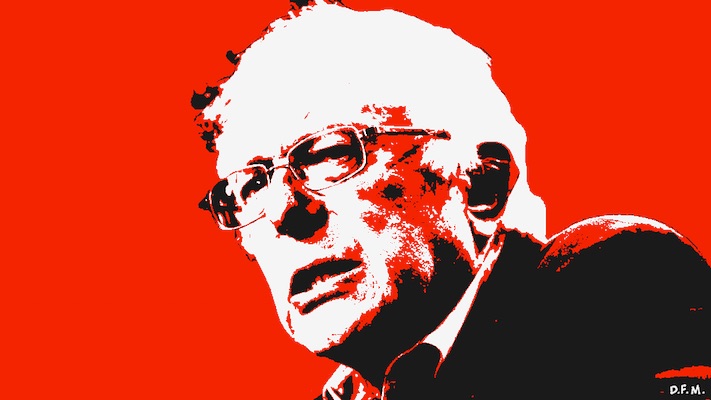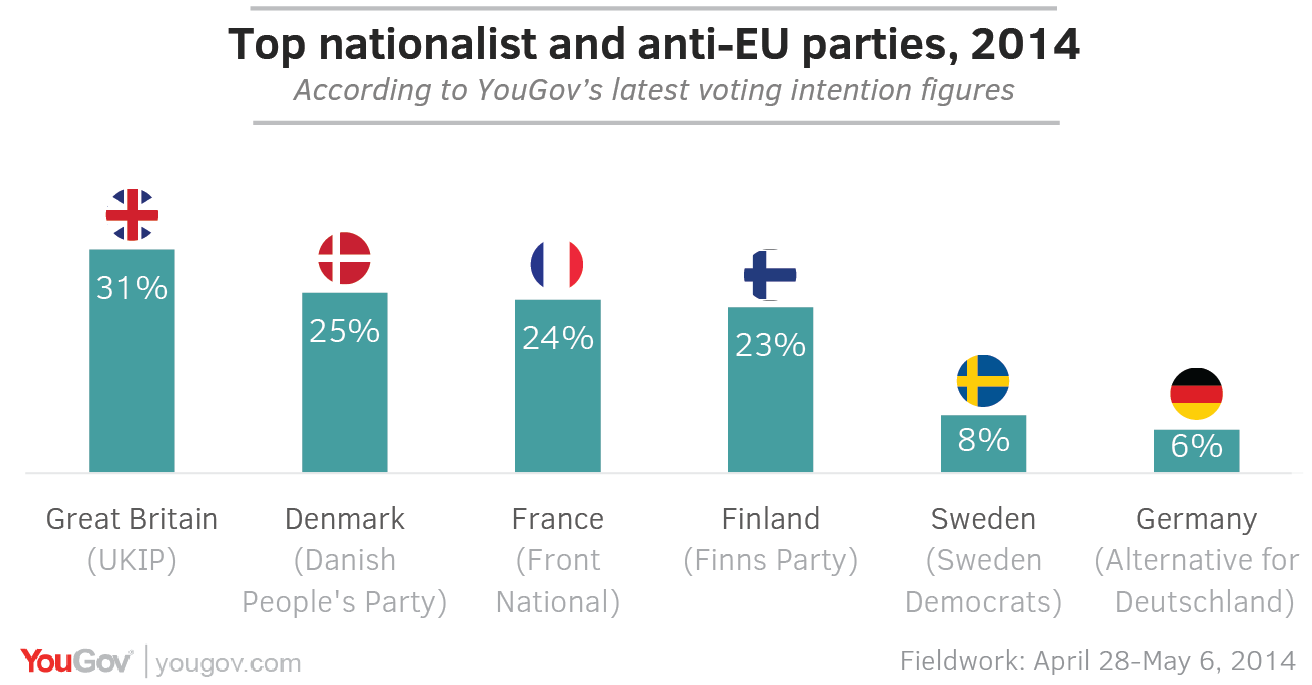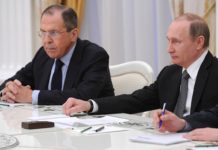On March 17th, head of the party “Smer” Robert Fico announced the composition of the coalition that will form the government of Slovakia. The main intrigue was whether there would be nationalists, and if so, which ones.
Election results
On March 5th, 2016, in the parliamentary elections, the party of current Prime Minister Robert Fico, SMER, (formally, the Social Democrats, in fact, left the national-populists) took 28% of the vote. It is the largest result among all parties, although in the last election in 2012, 44% voted for the party. Certain progress was made by the new liberal party “Freedom and solidarity” – 12%. The party “Ordinary People and independent person” (vague ideological orientation) received 11%. Moderate Liberal Party “Network” took only 5.6%. The sensation of the election was the success of the nationalists, who were not represented in the previous parliament. The Slovak National Party (SNS) won 8.64%, and the “People’s Party – Our Slovakia” received 8%. Also, the party “Most–Híd”, the Hungarian minority, passed the five-percent threshold, collecting 6.5%.
Stalemate situation
In parliament there was a stalemate, as the liberals could not form a majority, and “Smer” also could not form a single-party government. Robert Fico, who seeked to pursue an independent policy, should chose whom to enter into an alliance with. Pro-Western liberals were the least likely coalition partners.
Future coalition
On March 17th the establishment of the coalition of “Smer”, Hungarian party “Most–Híd”, and the Slovak National Party was announced. Fico has experience of cooperation with the nationalists of the SNS, who participated in a coalition government in 2006. The Hungarian party was part of the Liberal government that ruled the country in 2010-2012. “The People’s Party-Our Slovakia” of Marian Kotleba will remain in opposition. The coalition will have a slim majority, 81 of the 150 seats in Parliament. Thus, a mildly conservative government will be in Slovakia, which, together with neighboring Hungary, forms a relatively pro-Russian and Euro-skeptical bloc in Central Europe.
The only anti-NATO party
The main difference between Kotleba’s party and the SNS is not the xenophobic nature of the former, as the liberal media is trying to present it as. On some issues regarding national minorities, it is more moderate. The reason it was not included in the ruling coalition is the anti-Atlanticist radical agenda of the “People’s Party – Our Slovakia”. This is the only parliamentary party that stands for an exit from NATO. Fico and SNS, although in favor of the strengthening of ties with Russia, are not in favor of a break in relations with the United States. Slovakia opposes the placement of NATO bases on its territory, but also supports the inclusion of Montenegro into the Alliance.
According to our sources Kotleba plans to initiate referendum on an exit from NATO.
